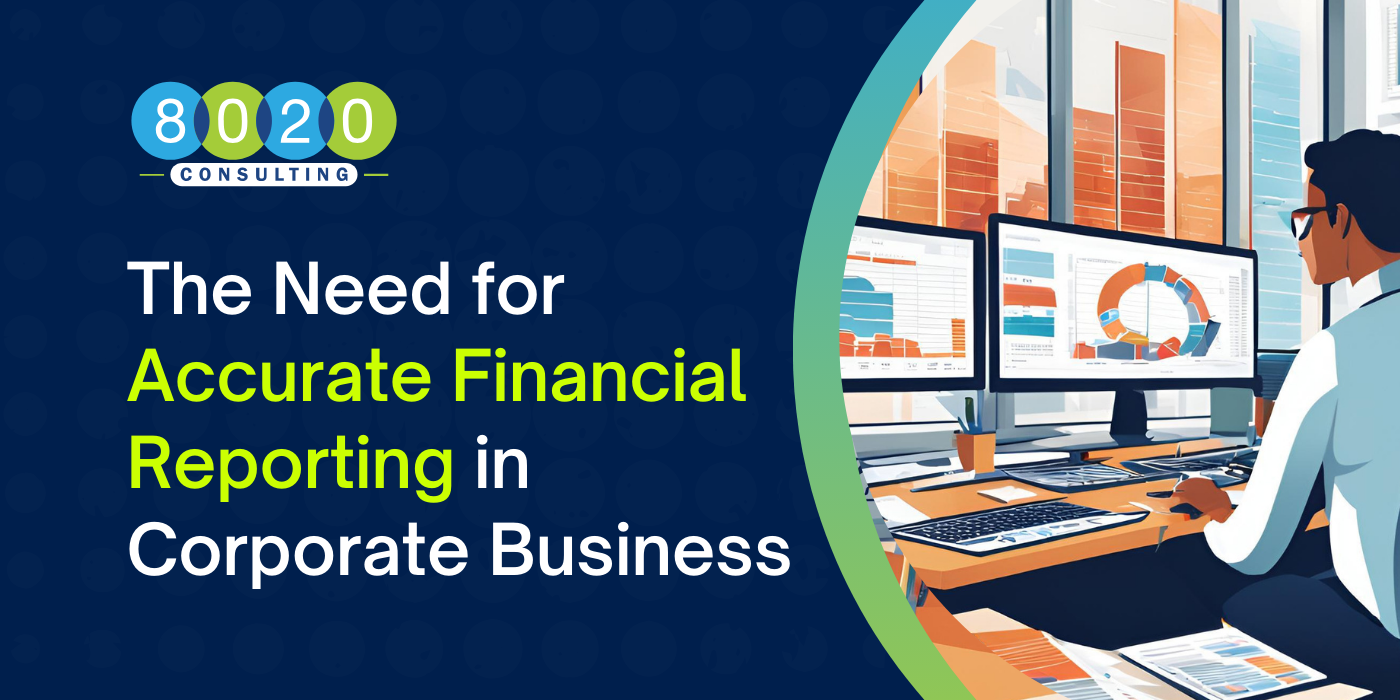
 8020 Consultant Phillip Matubang has over 15 years of experience in multi-faceted sales roles that require expertise in strategic planning, financial modeling, business valuation, transactional due diligence support, divisional carve-outs, corporate restructuring, post-merger integration planning, forecasting and budgeting, contract negotiations and sales operations. Prior to joining 8020 Consulting, he served as a Vice President at Technicolor, where his responsibilities included buy-side and sell-side M&A transaction management for the company’s television division, Grass Valley. He also served as the Director of Corporate Planning and Business Development for Comcast’s E! Entertainment Television cable network. Phillip began his career as a litigation consultant for Cornerstone Research, and he holds an MBA from the UCLA Anderson School of Management.
8020 Consultant Phillip Matubang has over 15 years of experience in multi-faceted sales roles that require expertise in strategic planning, financial modeling, business valuation, transactional due diligence support, divisional carve-outs, corporate restructuring, post-merger integration planning, forecasting and budgeting, contract negotiations and sales operations. Prior to joining 8020 Consulting, he served as a Vice President at Technicolor, where his responsibilities included buy-side and sell-side M&A transaction management for the company’s television division, Grass Valley. He also served as the Director of Corporate Planning and Business Development for Comcast’s E! Entertainment Television cable network. Phillip began his career as a litigation consultant for Cornerstone Research, and he holds an MBA from the UCLA Anderson School of Management.
Given his background on both sides of the M&A process, we asked Phillip for a few tips on preparing for a sale. Even a year or two out, there are several steps CEOs can take to improve their valuations and provide for a smooth transition.
Q: For the CEO who wants to sell in one to two years, what are the most important things to consider NOW– valuation, investor relations, growth, etc.?
A: If they’re thinking about selling the business down the road, what they should be thinking about first and foremost is what actions they can do today to maximize the value of the business during the actual sales process. Also, they should think about how they can make the sales process easier than what it usually turns out to be. It’s a lot more involved than most entrepreneurs realize, and getting your ducks in a row early on gives you a major advantage.
Q: At what point does it become important to look for parties that may be interested in merging or buying?
A: Two years out, I wouldn’t make the specific company or buyer a major priority. It is hard to predict specific buyers and potential legitimate buyers can come from nowhere. However, the type of buyer is a big consideration because it will dictate what preparations you do in the next couple of years, and it will affect how you pitch the company.
A financial buyer will usually be more focused on the numbers. They might want to merge your company with another in their portfolio, but usually they’re more concerned with how they’re going to run your business as a standalone. For them you’ll need to be able to tell the story of your business to someone who doesn’t know much about you, and who may not even know your industry! The development, performance and trajectory of your business really need to seem intuitive.
On the other hand, a strategic buyer will be most concerned with the organization of your company, and how your products, technologies and processes can add value to their own business. They may also recognize synergies between your company and theirs. For example, they might not need overlapping back-office personnel, while the financial buyer will need to see that complete infrastructure in place. In either case, though, you need to have a story to tell each type of buyer and prepare you company and price expectations for each type.
Q: What are some of the biggest pitfalls companies make at this point– mistakes that will make it more difficult to sell at a high value?
A: First, thinking that their business is perfect! A lot of CEOs assume that then when growth is high, they can just ride through to the M&A process without any hiccups. The sales process is excruciating however, and the buyers are going to do a very detailed due diligence to drive down your asking price. This far out, you really need to assess your business and uncover any perceived surprises or shortcomings and potentially disclose them upfront with a logical story to prevent “price chiseling” during due diligence. If you wait until due diligence begins and the potential buyer uncovers them before you do, your credibility may be questioned and you won’t have nearly have the same leverage.
Another major mistake CEOs make is to ignore their markets, both in their own industries and the economy at large. You need to know when to time the sales process. Similarly, you preferably want to present your business while it’s successful and growth is high or at least consistent – not during a major gap in key product releases or a lull in your sales pipeline!
Q: What are the most important practices for prepping a company that’s looking to sell?
A: I have three major talking points I cover with clients. First, look at the big picture of your company to determine the story you’re going to tell your buyer. You have to make sure your strategy, business units, product lines and product portfolio all make sense, and that they can be unified under a common vision and mission. Your various products, processes and departmental organizations may make sense to you, but can you explain their rhyme and reason to an investor?
Second, make any plans for special scenarios as early on in the process as possible. For example, if you’re looking at a potential divestiture, think about how you’ll carve out all the elements you want to sell, so that both remaining businesses can stand alone. Or, if you think the business may need a headcount restructure (be honest with yourself!), make sure you already have a plan with cost estimates so that you can adjust your price expectations accordingly whether or not the restructure happens before the M&A process or if the buyer assumes the risk. Don’t forget to consider unions, worker’s councils and local employment laws, especially in foreign operations.
Third, look at a typical due diligence list and ask yourself three questions with respect to each request. Can you fulfill the request? If so, can you fulfill it efficiently? And finally, if you do manage to fulfill it, will you be happy with the quality of information? Addressing these questions early on is extremely helpful in uncovering and patching up gaps NOW in your people, processes and systems technology for data gathering, reporting, budgeting and forecasting. If your financial statements have muddled and inconsistent support or your track record of budgeting and forecasting is horrible against actuals, how do you expect your potential buyer to believe the forecast in your pitch book?
Q: Which personnel should be involved in a sale or acquisition before the actual M&A process begins?
A: This early in the process, everything is very confidential, and information is sensitive. Ideally you’ll have someone high up in accounting/finance, legal, IT, HR and every other key department, but exactly who you involve will vary according to the project and size and complexity of the company. The CEO needs to know whose personal interests may conflict with the M&A, and how each stakeholder may react to certain types of processes. One thing is certain, however, the closer you are to the sales process, the more internal people will have to be carefully selected to be involved in the process.
Q: Can you offer a few final tips to help CEOs set their companies up for smooth M&A processes?
A: My biggest tip – start early! Also, while you do need to look internally for key players, it’s important to seek good external advisors. You need good legal help and good financial help – experts who will guide you through the process, and whose main interest is a successful sale.
Finally, make sure you have a good retention plan in place. A year or two out from the sale, you need to identify who your key people are because they’re going to be critical to both the company’s valuation and the M&A process itself. Think of ways to incentivize them to stay with the business before and after the transaction!
Are you looking at a merger or acquisition within the next one to two years? If so, please call us at at (855) 367-8020 to learn how our consultants can help you prepare.



